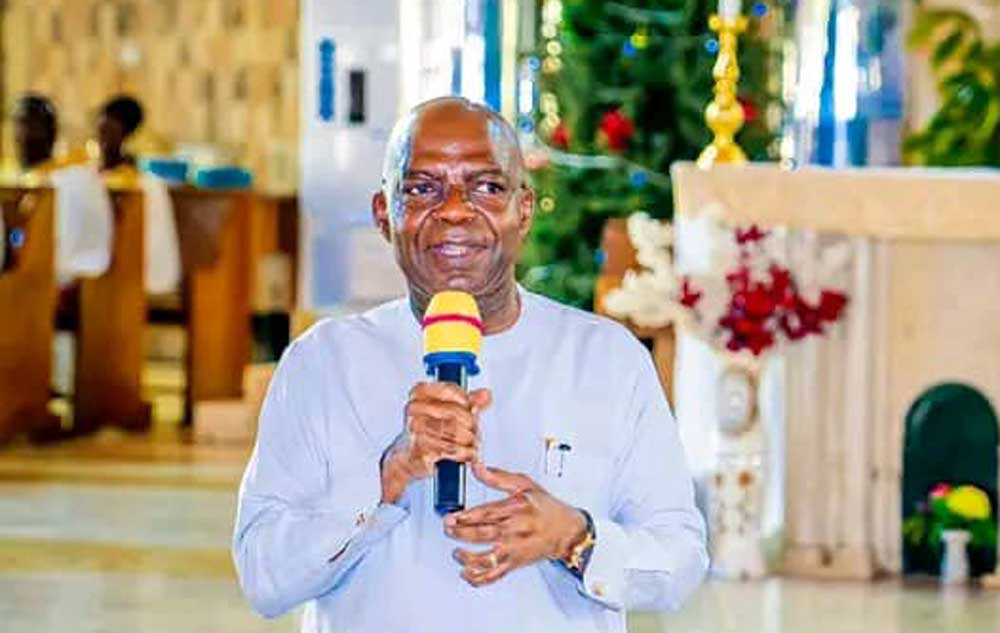Place your adverts here on InfoDig @ low rates; banner ads, sponsored links and guest articles etc. Contact us
Human rights lawyer, Femi Falana (SAN) has asserted that the Economic and Financial Crimes Commission (EFCC), along with other similar institutions, is here to stay.
Naija News reports that he stated this amid growing calls to disband the anti-graft agency.
Falana emphasized that the focus should be on ensuring these agencies operate independently rather than questioning their legality.
This comes amid a legal battle initiated by 16 state governors who are challenging the constitutionality of the EFCC’s establishment.
On Wednesday, the Supreme Court scheduled October 22 for hearing the case, which was initially filed by the Kogi State Government. The states joining the suit include Ondo, Edo, Oyo, Ogun, Nasarawa, Kebbi, Katsina, Sokoto, Jigawa, Enugu, Benue, Anambra, Plateau, Cross River, and Niger.
The states argue that the Constitution is the supreme law of the land, and any statute inconsistent with it is void.
Appearing on Channels Television’s Sunday Politics, Falana advocated for measures to guarantee the autonomy of agencies like the EFCC and the Independent Corrupt Practices and Other Related Offences Commission (ICPC), free from government control.
“For me, the ICPC and EFCC, like the Code of Conduct Tribunal, have come to stay,” Falana stated. “What we should be demanding are measures to make these institutions autonomous, not subject to the control of any government.”
He further highlighted that the Supreme Court had, on multiple occasions, affirmed the legitimacy of these agencies, describing them as essential for fighting economic and financial crimes and combating corruption in Nigeria.
Falana noted that both the EFCC and ICPC were created to fulfill the state’s obligations under Section 15, Subsection 5 of the Nigerian Constitution, which mandates the eradication of corruption.
Recall that senior lawyer and former Nigerian Bar Association (NBA) President, Olisa Agbakoba, sent letters to both the Senate and the House of Representatives, asserting that the EFCC was unconstitutionally established.
Agbakoba contended that the powers granted to the National Assembly did not extend to the creation of such an agency.
“I firmly believe that the EFCC is an unlawful organization, as its establishment exceeds the constitutional powers of the National Assembly,” Agbakoba stated.







)








 English (US) ·
English (US) ·